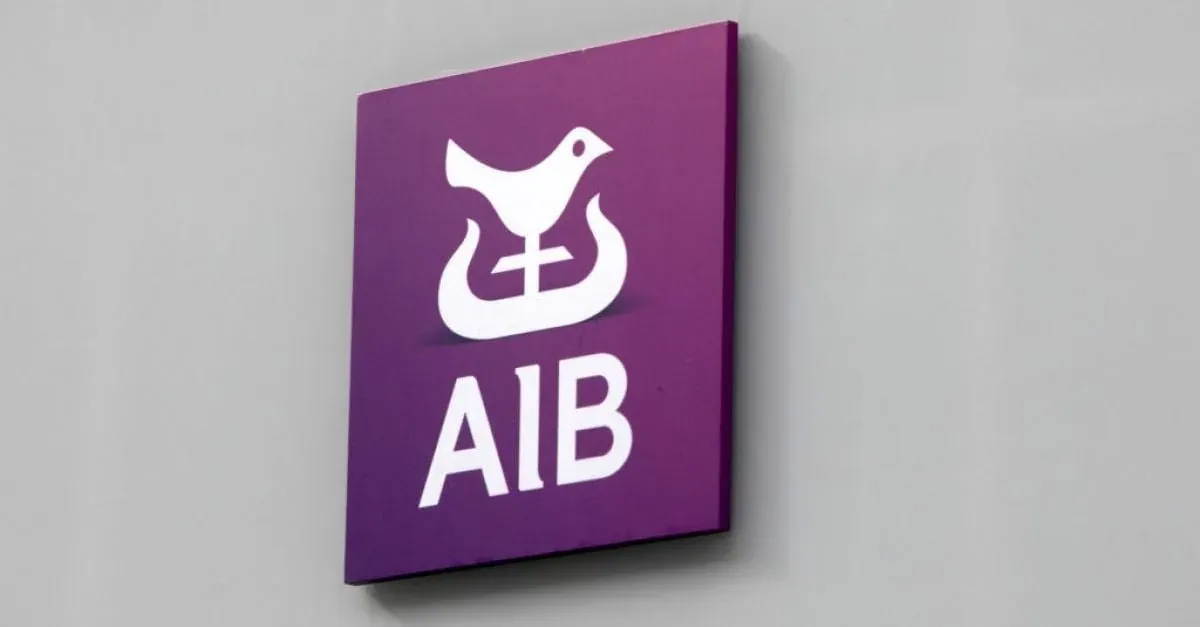In a landmark overhaul of its housing policy, the Irish Government has declared a major expansion of Rent Pressure Zones (RPZs), set to cover the entire country. This significant move, reportedly approved by coalition leaders and anticipated for Cabinet review this week, marks a sweeping extension of tenant protections, designed to tackle the relentless surge in rents and the deepening housing insecurity faced by thousands across Ireland.
RPZs were first introduced in 2016 as a targeted response to the escalating rental crisis in high-demand urban centers like Dublin, Cork, and Galway. Under their existing framework, landlords in these designated zones are permitted to increase rents by a maximum of 2% annually, or in line with inflation – whichever is lower. Crucially, these protections were previously limited to specific areas. The new, comprehensive plan will now bring every rental tenancy in Ireland under the umbrella of RPZ regulations.
This expansion comes amidst a severe housing shortage where demand consistently outstrips supply, leading to record-high rents and an acute affordability crisis that has left many struggling to secure stable accommodation.
Key Features of the Proposed New Plan:
- Universal Coverage: For the first time, all rental properties across Ireland will be subject to RPZ rules. This critical change is expected to bring nearly 20% more renters, particularly those in rural or previously unprotected areas, under the shield of rent control.
- Continued Rent Caps for Existing Tenants: For current tenants, rent increases will remain capped at the lower of 2% annually or the prevailing inflation rate, providing a measure of ongoing stability.
- Elimination of Rent Reset on Eviction: A pivotal new rule dictates that landlords will only be allowed to reset rent levels to market rates if a tenant leaves a property voluntarily. If a tenant is evicted, the rent must remain at the existing controlled rate. This key measure aims to remove the financial incentive for landlords to issue “no-fault” evictions simply to hike rents.
- New Builds Exemption with Inflation Link: To encourage continued construction and investment in supply, newly built rental properties will be exempt from the stringent 2% cap. However, their rents will still be tied to inflation, preventing unfettered increases while acknowledging the higher costs associated with new development.
- New Landlord Categories and “No-Fault” Eviction Ban: A new classification system will be introduced, defining “large landlords” as those owning four or more rental properties. These larger entities will face stricter regulations, including a ban on “no-fault” evictions (where a landlord evicts a tenant for reasons such as selling the property or moving in a family member, without a breach of tenancy by the tenant). Smaller landlords, defined as those owning three or fewer properties, will not be subject to this ban, a measure reportedly aimed at retaining smaller, individual investors in the market.
- Enhanced Security of Tenure: Tenants will now be guaranteed a minimum of six years’ security of tenure in their homes, a significant increase from the previous standard of four years for most tenancies. This aims to offer greater long-term stability and reduce anxiety for renters.
Mixed Reactions Across the Spectrum:
The Government frames these comprehensive changes as a carefully crafted balance between safeguarding renters and fostering continued investment in the vital rental market. Taoiseach Micheál Martin has described the plan as “well-balanced,” asserting it will provide crucial certainty for both tenants and landlords. Proponents argue that the “no rent reset on eviction” rule, in particular, will protect vulnerable tenants from exploitation.
However, the proposals have already drawn sharp condemnation from opposition parties and housing advocates. Sinn Féin’s Housing Spokesperson, Eoin Ó Broin, accused the Government of “gaslighting renters,” warning that despite some protections, the overall framework could still lead to significant rent hikes for new tenancies and increased risk of homelessness, especially given the new builds exemption and the allowance for rent resets on voluntary departures. Organizations like Threshold and Focus Ireland have consistently called for more radical measures to address the supply crisis and ensure genuine affordability.
Some landlords have also voiced concerns, particularly regarding the restrictions on rent resets, which they argue may disincentivize investment, and the introduction of new classifications for “large landlords.” Others contend that the reforms do not go far enough to address the fundamental causes of Ireland’s chronic housing crisis, such as systemic supply shortages and prohibitively high construction costs.
What’s Next?
The proposed legislation is expected to be finalized and formally introduced in the Oireachtas before the end of 2025. If successfully passed into law, this comprehensive package will represent one of the most significant and impactful changes to Ireland’s rental laws in nearly a decade, reshaping the landscape for renters and landlords nationwide.







